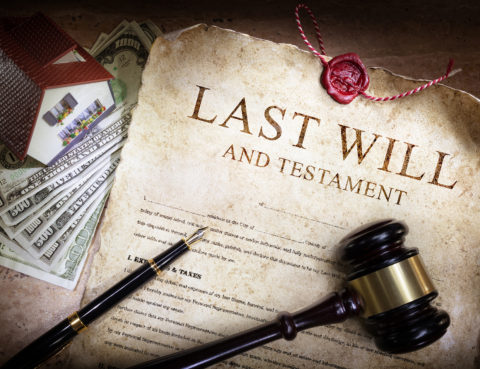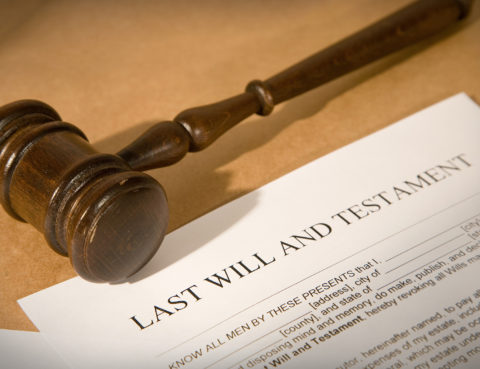A crucial, yet often overlooked, component of estate planning is reviewing assets, such as 401(k)s, pensions, and savings accounts, and ensuring you have listed a beneficiary for each of these.
Proper execution of a legal instrument requires that the person signing have sufficient mental “capacity” to understand the implications of the document.
There are lots of misconceptions about estate planning, and any one of them can result in costly mistakes. Understanding who needs an estate plan and what it should cover is key to creating a plan that is right for you.
Estate administration is the process of managing and distributing a person’s property (the “estate”) after death.
Your will is a legally-binding statement directing who will receive your property at your death. Why should you have a will? Here are some reasons.
We all know we are supposed to do estate planning, but not all of us get around to it. So what happens if you don’t have a will when you die?






